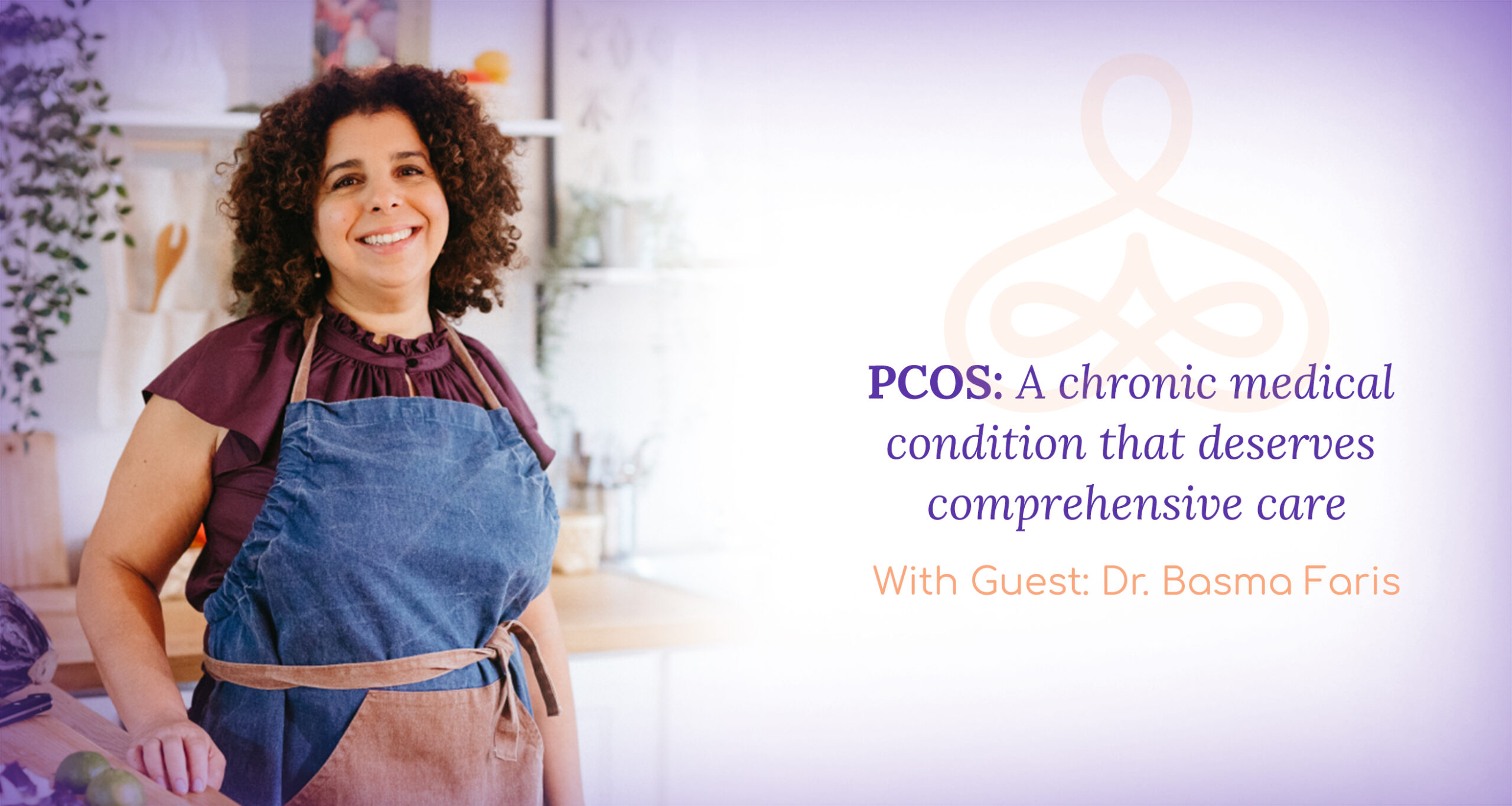In a recent episode of the “Healthful Woman” podcast, “PCOS: A chronic medical condition that deserves comprehensive care,” Dr. Nathan Fox welcomed Dr. Basma Faris to discuss Polycystic Ovarian Syndrome (PCOS). This complex hormonal disorder significantly impacts fertility and other health markers. This enlightening conversation highlighted the traditional approaches to PCOS treatment, their pros and cons, and the resources available for patients seeking effective solutions. Here’s a comprehensive overview of the discussion.
Understanding PCOS
PCOS, or Polycystic Ovarian Syndrome, is a hormonal disorder characterized by a variety of symptoms. Dr. Faris emphasized that despite its name, PCOS is not solely about ovarian cysts but is a multifaceted condition affecting multiple body systems. She states, “It applies to gynecology because it can cause people to have problems with ovulation. They don’t ovulate regularly. They may ovulate late in their cycle, and that can result in irregular menstrual periods or infertility. But it also affects the skin. People have acne, they have facial hair, they may have balding in a more of a male pattern.” The disorder is often accompanied by insulin resistance, which can lead to pre-diabetes and other long-term health issues such as cardiovascular disease and endometrial cancer.
Traditional Treatment Approaches
The conversation detailed the traditional treatments for PCOS, primarily focusing on symptom management. Common treatments include:
Oral Contraceptives
These help regulate menstrual cycles and reduce endometrial cancer risk while improving acne.
Metformin
This is often prescribed to address insulin resistance, a common issue in PCOS patients.
While these treatments can be effective, they often fall short of addressing the underlying hormonal imbalances and long-term health risks associated with PCOS. Dr. Faris pointed out the importance of a comprehensive approach that goes beyond symptom management to include lifestyle modifications and nutritional support.
The Importance of Comprehensive Care
Dr. Faris highlighted the necessity for a holistic approach to PCOS, which involves understanding the impact of the condition on a patient’s health. She stressed the need for healthcare providers to offer continuous and integrated care rather than focusing solely on individual symptoms. This includes:
Diet and Nutrition
Tailoring dietary plans to help manage insulin resistance and support overall health.
Mental Health Support
Addressing the psychological impact of PCOS, such as anxiety and depression.
Regular Monitoring
Keeping track of metabolic markers and adjusting treatment plans as needed.
Addressing PCOS Holistically
PCOS is a chronic medical condition that demands a comprehensive and integrated approach to care. The discussion between Dr. Fox and Dr. Faris sheds light on the complexities of PCOS and the importance of addressing it through a holistic lens.
Learn More
For women dealing with PCOS, it is crucial to seek care from providers who understand the condition’s multifaceted nature and can offer tailored solutions, such as those at Carnegie Women’s Health. Comprehensive care can significantly improve health outcomes and enhance quality of life, making it essential for all healthcare providers to stay informed and proactive in managing PCOS. Contact us today through our online contact form if you are located in New York and wish to schedule an appointment.

